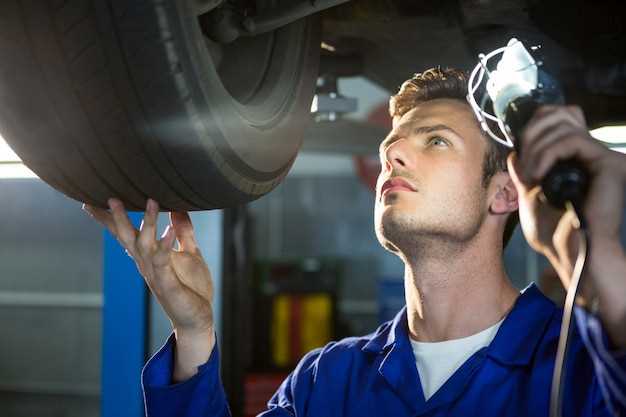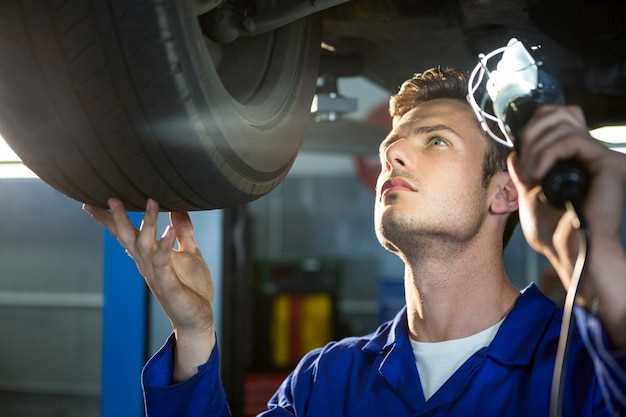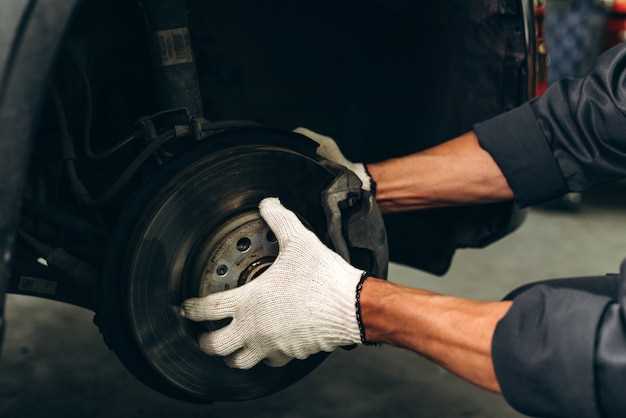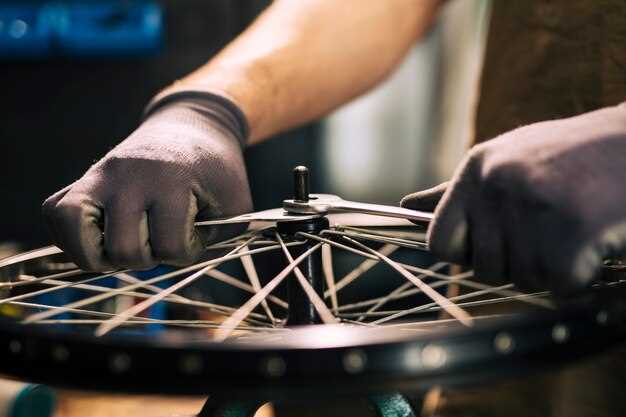
What causes squeaky brakes and how to fix them
- Dominique Kaye
- 0
- Posted on

When driving, the sound of squeaky brakes is not just an annoying noise; it serves as a critical indicator of potential issues within your vehicle’s braking system. Recognizing the underlying causes of this common problem is essential for ensuring the safety and reliability of your car.
There are multiple factors that can lead to squeaky brakes, ranging from worn-out brake pads to environmental conditions like moisture or dust accumulation. Understanding these causes can help drivers identify when it’s time to consult a professional for repair or maintenance, ultimately preventing more extensive and costly damage.
In this article, we will explore the various reasons behind squeaky brakes and provide practical solutions for repair. By gaining insight into the mechanisms at play, drivers can make informed decisions and maintain optimal brake performance, ensuring a safer driving experience.
Identifying Common Causes of Squeaky Brakes

Squeaky brakes can be an alarming sound for drivers, often indicating an underlying issue that requires attention. Accurate diagnosis is essential to address the root cause effectively. Here are some common reasons for squeaky brakes.
One primary cause of squeaky brakes is worn brake pads. As the friction material on the pads deteriorates, they may produce noise when they come into contact with the brake rotors. If the pads are worn down to the metal backing, they can create a high-pitched squeal, signaling the need for immediate replacement.
Another possibility is dust and debris accumulation between the brake components. Dust, dirt, and grime can lodge themselves in the braking system, leading to noise when braking. Regular cleaning can help mitigate this issue and maintain brake performance.
Moisture build-up can also lead to squeaky brakes. When water or humidity permeates the brake components, it can cause temporary squeaking, especially in the morning or after a rainstorm. This noise often dissipates after a few braking applications as the moisture evaporates.
Additionally, improper installation of brake components can cause misalignment, leading to enhanced friction and resulting in squeaks. Ensuring that parts are aligned correctly during installation is crucial to prevent future issues.
Lastly, poor-quality brake pads can significantly contribute to unwanted noise. Low-grade pads may not include proper sound dampening technologies, resulting in louder operation. Investing in high-quality parts can minimize these risks and enhance overall brake performance.
Identifying these common causes of squeaky brakes can help drivers address issues promptly and maintain a safe driving experience. Regular inspections and preventative maintenance are key to ensuring your braking system operates quietly and effectively.
Step-by-Step Diagnosis for Squeaky Brake Issues
Diagnosing squeaky brakes involves a systematic approach to identify the underlying issues. Begin by assessing the source of the noise. Listen carefully while driving to determine whether the squeak occurs during braking, while moving, or when turning. This can help narrow down potential problems.
Next, inspect the brake components visually. Check for worn-out brake pads, as they often cause squeaking when the friction material wears thin. Look for any signs of glazing on the pads, which may indicate overheating. Additionally, inspect the brake rotors for uneven wear or grooves, which can lead to noise during braking.
Consider the presence of dust and debris. Accumulation of dirt between the brake pad and rotor can cause squeaking. Clean the brake assembly with compressed air or a suitable cleaner and see if the noise persists. If the issue continues, examine the calipers and ensure they are functioning properly, as sticking calipers can lead to increased friction and noise.
If mechanical issues aren’t evident, check the brake hardware. Worn-out shims or anti-rattle clips can result in a squeaky sound. Replacing these components can resolve the issue. Finally, if all else fails, consult a professional to inspect the entire brake system and perform a thorough diagnosis to ensure safety and effectiveness.
Practical Repair Solutions for Squeaky Brakes

Squeaky brakes can indicate various underlying issues that require proper diagnosis and timely intervention. Addressing the source of the noise is crucial to ensuring the safety and performance of your vehicle. Here are practical repair solutions to consider when dealing with squeaky brakes.
1. Inspect Brake Pads: Start by examining the brake pads for wear. Damaged or worn brake pads often cause squeaking. If the pads are below the recommended thickness, replace them promptly to restore effective braking and eliminate noise.
2. Clean Brake Components: Dust and debris can accumulate on brake parts, leading to squeaking. Cleaning the brake rotor and calipers with a suitable brake cleaner can help remove this buildup. Ensure all components are dry before reassembly to avoid future noise.
3. Lubricate Contact Points: Apply high-temperature brake grease to contact points where metal meets metal, such as the caliper slide pins and backing plates. This lubrication minimizes friction and can eliminate squeaking sounds.
4. Check for Moisture: Water can cause brake components to rust or corrode, resulting in squeaks. Inspect the brake assembly for any signs of rust. If rust is present, it may be necessary to replace affected components or use a rust-inhibiting spray to protect them.
5. Ensure Proper Installation: Misaligned or improperly installed brake components can generate noise. Ensure that all parts are securely fastened and positioned according to the manufacturer’s specifications.
6. Consider Upgraded Brake Pads: If squeaking persists, consider upgrading to semi-metallic or ceramic brake pads that are designed for quieter operation. These pads often come with noise-reducing technology and can significantly enhance overall braking performance.
Addressing squeaky brakes swiftly with these practical repair solutions can lead to safer driving experiences and prolonged brake system life. Regular maintenance and inspection are essential to reduce the occurrence of brake noise in the future.
